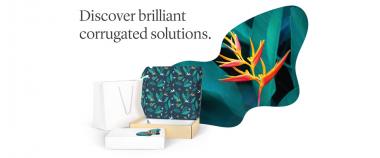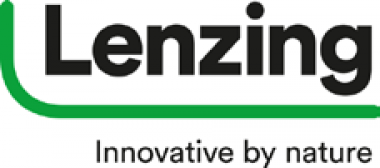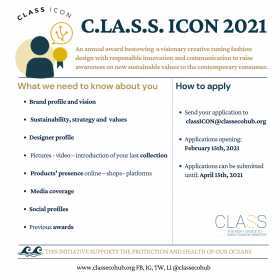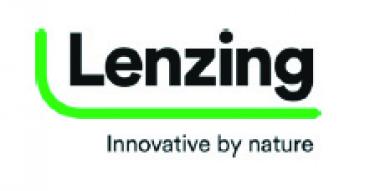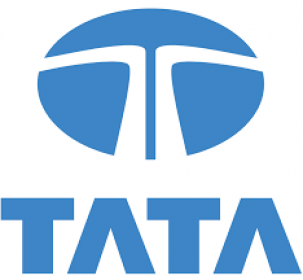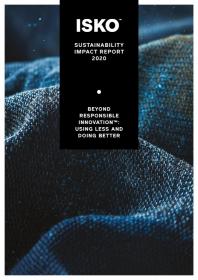Lenzing Group: Sustainability Report 2020
- Successful measures to fight against the COVID-19 pandemic with a focus on the safety and health of employees, customers and partners and securing sustainable business development
- Implementation of strategic investment projects and climate targets progressing on schedule – launch of first TENCEL™ branded carbon-zero fibers
- New level of transparency in the textile industry: introduction of blockchain technology
- Target setting: Lenzing raises the bar even higher and sets new sustainability goals
The Lenzing Group presented its Sustainability Report 2020 on April 22, 2021, World Earth Day. Featuring the title “Stand up for future generations”, Lenzing once again emphasized its commitment to taking responsibility beyond the products it makes. The non-financial report, prepared in accordance with the reporting standards of the Global Reporting Initiative (GRI) and the Austrian Sustainability and Diversity Improvement Act (NaDiVeG) and reviewed by KPMG Austria GmbH Wirtschaftsprüfungs- und Steuerberatungsgesellschaft, illustrates how the company is responding to the global challenges of our time.
The 2020 financial year of the Lenzing Group was largely dominated by the COVID-19 pandemic. Lenzing took short-term measures to safeguard its business operations and mitigate the effects of fiber prices and fiber demand which came under increasing pressure. The priority was to protect employees and strengthen long-term partnerships with suppliers and customers. Following the current fight against the coronavirus and its consequences, the company continues to move ahead determinedly to achieve its sustainability targets, also against the backdrop of such a difficult market environment.
With the implementation of its science-based targets, the Lenzing Group actively contributes to mastering the problems caused by climate change. In 2019, Lenzing made a strategic commitment to reducing its greenhouse gas emissions by 50 percent per ton of product by 2030. The overriding target is to be climate-neutral by 2050.*
The launch of the first carbon-zero TENCEL™ fibers certified as CarbonNeutral® products in accordance with The CarbonNeutral Protocol – the leading global framework for carbon neutrality – represents another important milestone from the reporting year. As of June 2021, Lenzing will also market the first VEOCEL™ branded lyocell fibers as certified CarbonNeutral® products.
Promoting the circular economy
Lenzing also sets standards for the entire fiber, textile and clothing industry with respect to the circular economy which is of such crucial importance in climate and resource protection. In order to enhance resource efficiency and offer a solution for the global problem of textile waste, the company developed the REFIBRA™ recycling technology. REFIBRA™ is the only technology in the world enabling the production of new lyocell fibers on a commercial scale from cotton scraps derived from manufacturing cotton clothing as well as from used garments. In this way, an important contribution is made to promoting circularity in the textile industry.*
New level of transparency in the textile industry
In addition to environmental protection, the issue of transparency along the supply chain poses a major challenge to the textile industry. Working in cooperation with TextileGenesis™, Lenzing offers an innovative solution to ensure greater transparency on the basis of blockchain technology. Following several successful pilot projects with renowned fashion brands, this digital platform was ultimately launched in 2020 to enable the traceability of textiles, from the fiber to all stages of production and distribution. Thanks to the innovative Fibercoin™ technology of the TextileGenesis™ platform, Lenzing and its partners are able to issue so-called “blockchain assets” in direct proportion to the physical fiber deliveries of the brands TENCEL™ and LENZING™ ECOVERO™. These digital assets function like a “fingerprint” and thus prevent adulteration.*
Target setting: Lenzing raises the bar even higher
The Lenzing Group operates in line with three strategic principles within the context of its “Naturally positive” sustainability strategy: partnering for change, advancing circularity and greening the value chain.*
*See attached document for more information..
Lenzing AG







